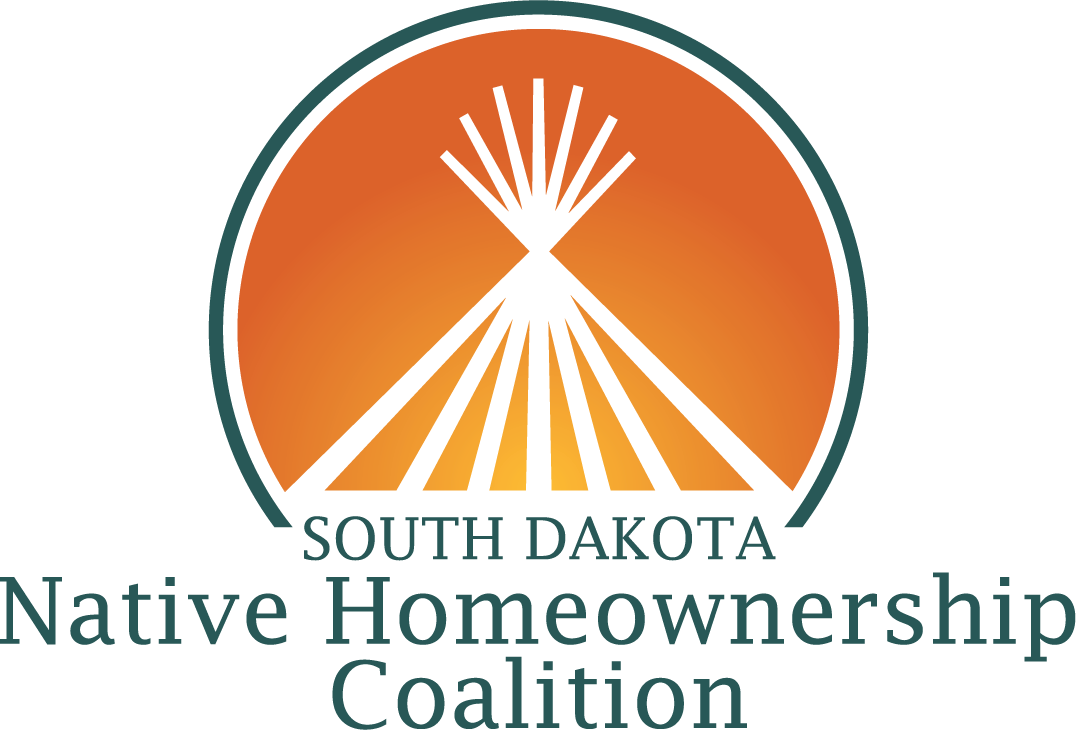Workshop Attracts Over 100 Attendees in Effort to Increase Housing Stock on Indian Reservations
According to the U.S. Department of Housing and Urban Development (HUD), about 16 percent of households on Indian reservations are overcrowded, and an additional 68,000 housing units are needed to alleviate this burden. Housing in Indian Country is a complex and costly problem, but the South Dakota Native Homeownership Coalition is making strides in reversing long-standing issues in our state.
“The Coalition is literally taking a ground-up approach to solving the housing crisis that South Dakota’s reservation communities have been enduring for too long. We’ve taken a proactive approach to eliminate barriers to homeownership. Ultimately, it is about increasing the number of homes so that people have safe and affordable places to live,” says Elias Mendoza, Program Director for the Coalition.
As part of these efforts, the Coalition hosts an annual Contractor’s Workshop designed to build the capacity of construction firms that are working or want to work in Native communities. This year’s workshop attracted 109 attendees from four different states (South Dakota, North Dakota, Montana, and Nebraska) who learned about safety, bonding, financing, and best business practices. They also discussed the possibility of starting a Native American chapter of the International Code Council and had the opportunity to pitch their businesses to various federal, state, and tribal agencies.
“This has become an annual event that building contractors working in reservation communities have come to look forward to. Our hope is that they walk away with tools that will contribute to their success,” says Ellen White Thunder, Deputy Director of Lakota Funds, who played a key role in organizing this year’s event.
The Coalition’s holistic approach to increasing housing stock in reservation communities, which has been underway for nearly six years, also includes a construction internship program, an inspector certification program, and an effort to increase the number of appraisers serving Native communities.
